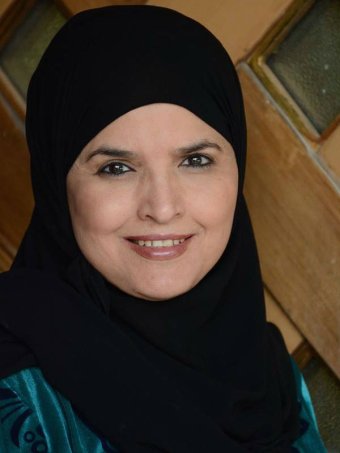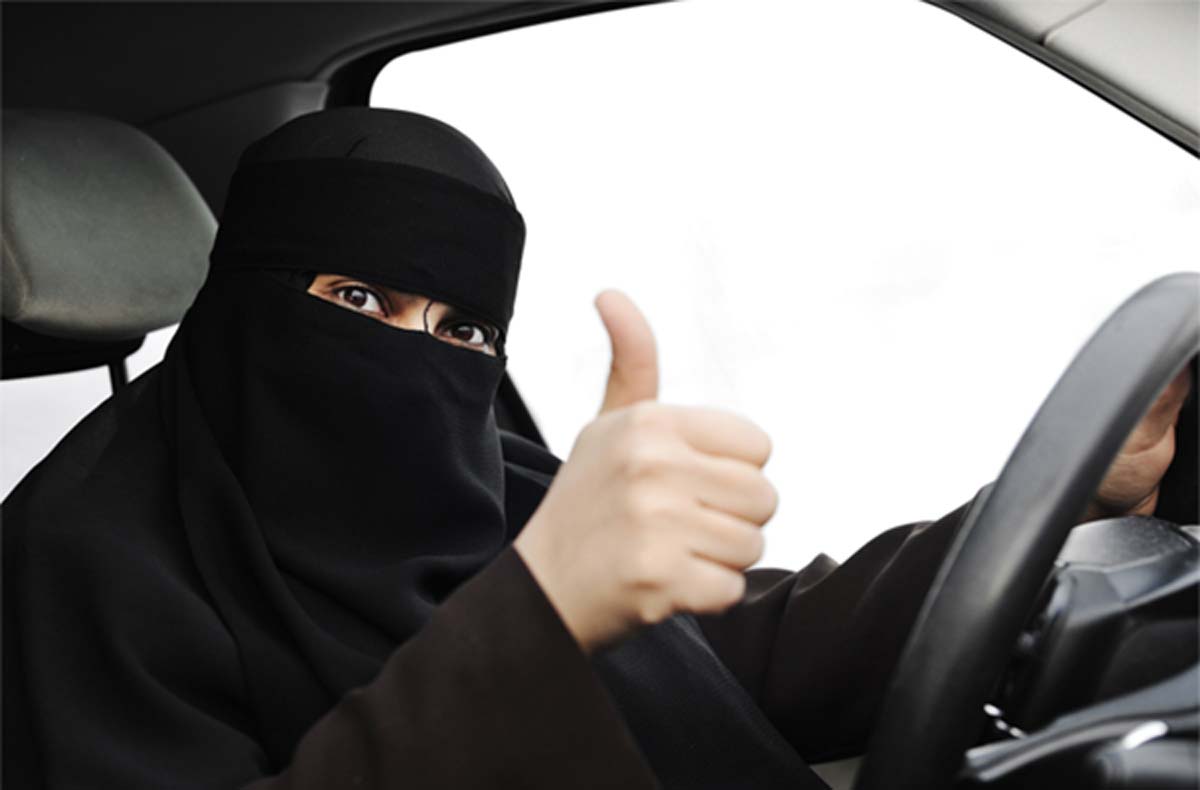Saudi Arabia might be the world’s highest oil exporter, but has the worst record in the world when it comes to religious freedom, women rights and civil liberties.
All of this wouldn’t have changed much if the kingdom’s monarch, Salman bin Abdulaziz Al Saud was in charge.
Since he ascended the throne almost four years back, his son, Crown Prince Mohammed bin Salman has driven Saudi policy.
The prince has stirred things up: starting wars abroad, ordering (it appears) the murder of Washington Post columnist Jamal Khashoggi in the Saudi Consulate in Istanbul. And sparking a crisis with Canada over its concern about human rights in Saudi Arabia.
The silver lining was meant to be the Prince’s vision for a new and better nation. But it seems like Prince is too much of a narcissist to share the limelight with like-minded reformers.
He cannot tolerate others taking credit for moving Saudi Arabia out of its medieval mindset. Hence, he allowed women to drive last year, but a month before the ban got lifted, activists who have peacefully advocated for change were arrested.
Among the detained was Loujain-al-Hathloul, a known campaigner who was photographed at the 2016 One Young World Summit with Meghan Markle. News of Hathloul’s arrest leaked out a few days before Prince Harry married Meghan Markle.
Since November, there have been various reports that activists who are yet to be charged officially, have been tortured by Saudi authorities, a claim completely denied by Riyadh. At least seven women’s rights activists have been arrested since May 15 of last year, as reported by Human Rights Watch.
Many of those arrested had participated in campaigns earlier aimed at allowing women the right to drive, according to the Wall Street Journal website.
ICYMI: Ahead of being legally allowed to drive, women in Saudi Arabia are going for a drive via @ReutersTV pic.twitter.com/gybLkXDqeN
— Reuters (@Reuters) May 21, 2018
Many critics of the ban stated it is symbolic of Saudi Arabia’s strongly patriarchal society, an image which Crown Prince Mohammed Bin Salman is rapidly trying to change. And while the nation was celebrating the abolishment of the ban, the government was doubling down on activists who had fought for the right.
Activists talked to Journal, saying that on the day of the announcement they received calls from the Saudi government refraining them from speaking to the media or even appreciating the move.
[blockquote footer=”an unnamed activist told the Journal.”]We were told: ‘Don’t talk. We don’t want you to comment positively or negatively. Don’t do it, don’t give interviews.'[/blockquote]
Activists also added that the whole crackdown is aimed at preventing anyone from claiming credit for the government’s decision to lift the ban on women driving in the kingdom. “They put pressure on the government and the government is still angry, even if it has accepted that women will be allowed to drive,” another activist told the Journal. “Women will drive soon, and they don’t want anyone who can comment.”

Among those detained this week are Loujain al-Hathloul, a young activist who spent 73 days in jail for defying the ban in 2014.
Saudi Arabia, in the hands of Salman, seems a place where only agreeing with the Prince could leave you beaten or imprisoned while killing is reserved for those who dare to disagree.
This is why the offer made by British parliamentarians to review the conditions of Saudi activists should be taken seriously by the kingdom. The MPs are led by Crispin Blunt who has, so far, defended the kingdom, praising its “modern and progressive” ways.
We are calling on the international community to speak up for the brave #Saudi women’s human rights defenders to Free @LoujainHathloul, @saudiwoman and @azizayousef #SaudiArabia #MBS #Beep4Freedom #Vision2030https://t.co/NkM3xeiktl pic.twitter.com/74xGuYluTo
— Amnesty Gulf (@amnestygulf) June 4, 2018
It’s assumed that interviewing officials and granting these “friends” access to the activists would be the first step towards a suitable response by Saudi Arabia to international criticism of its human rights record.
Riyadh should also signal that the release of jailed civil rights activists is on the cards. The new Saudi Arabia is nothing like the old one. It is the worst. If the House of Salman wants Saudi to be more liberal and modern, it needs to take care of such vengeful and reactionary policies.
Source: The Guardian , Business Insider









